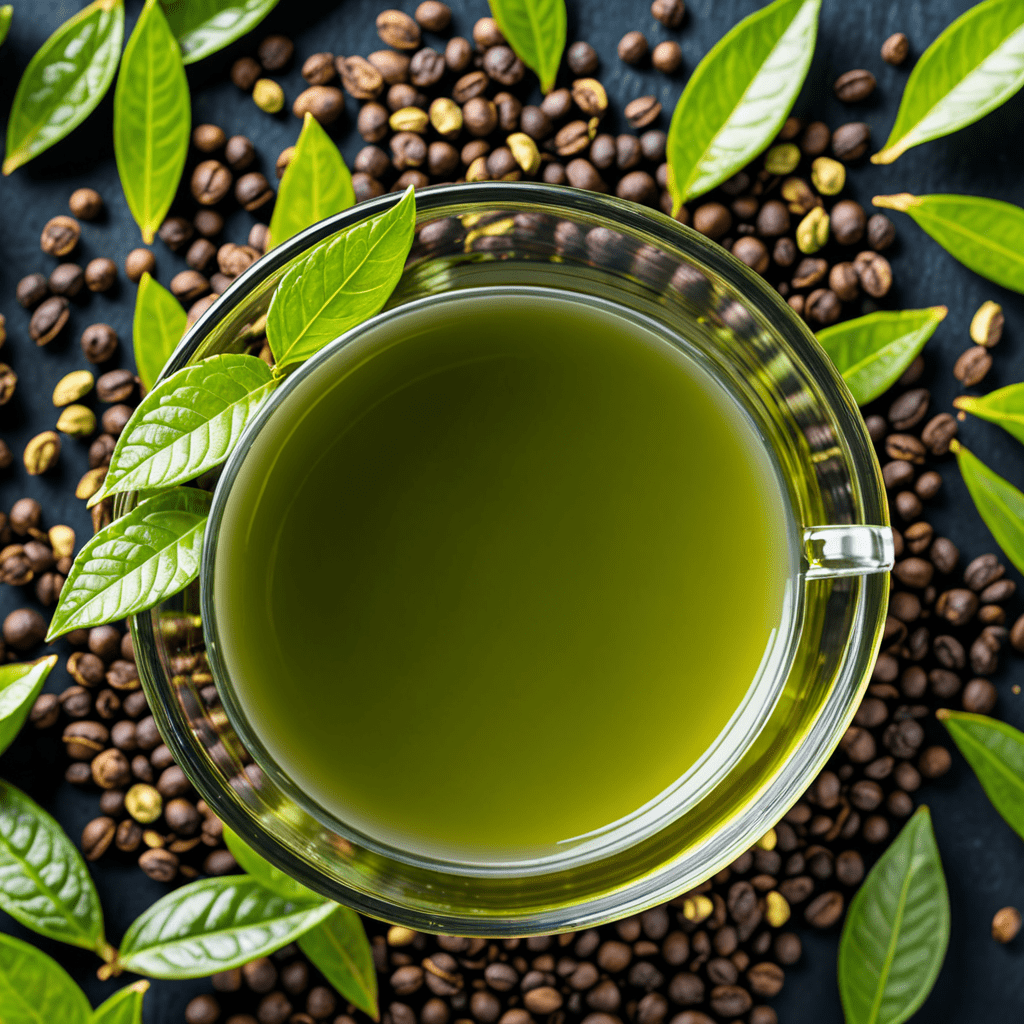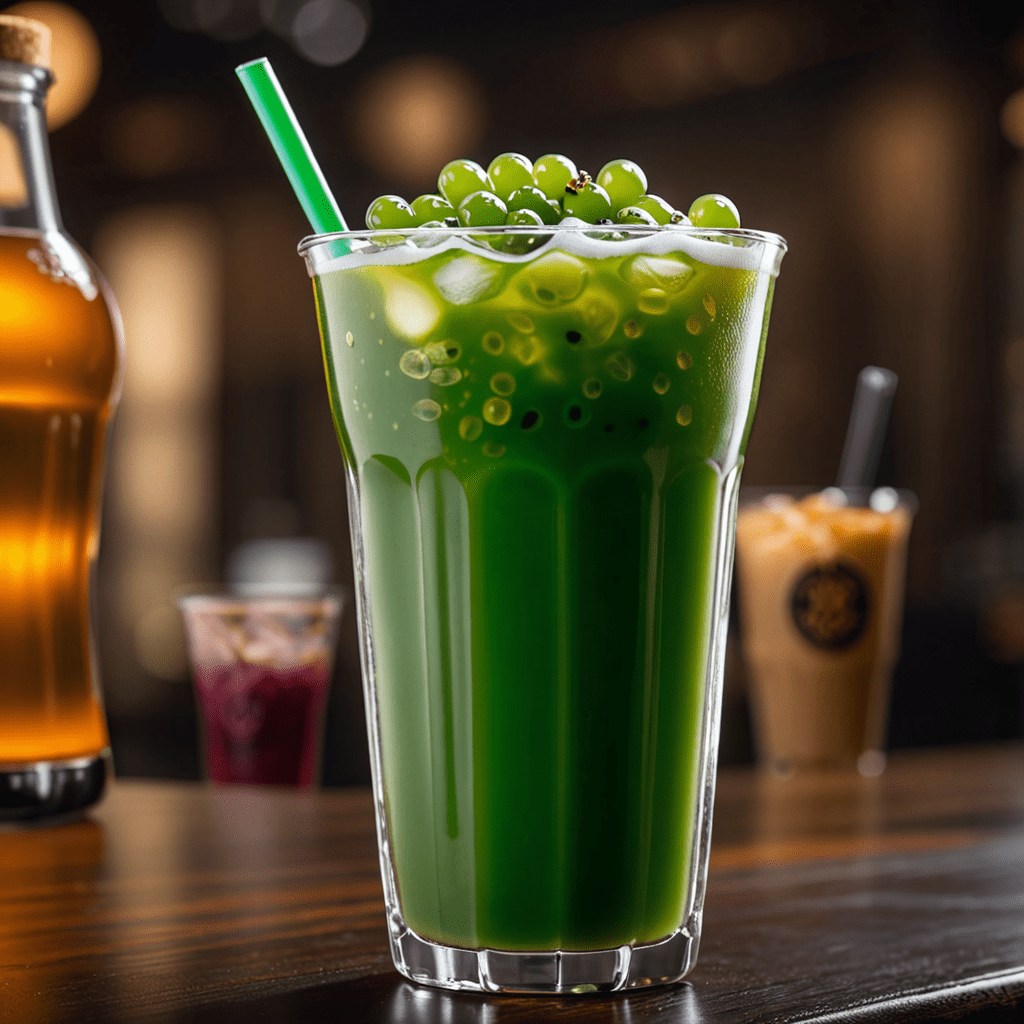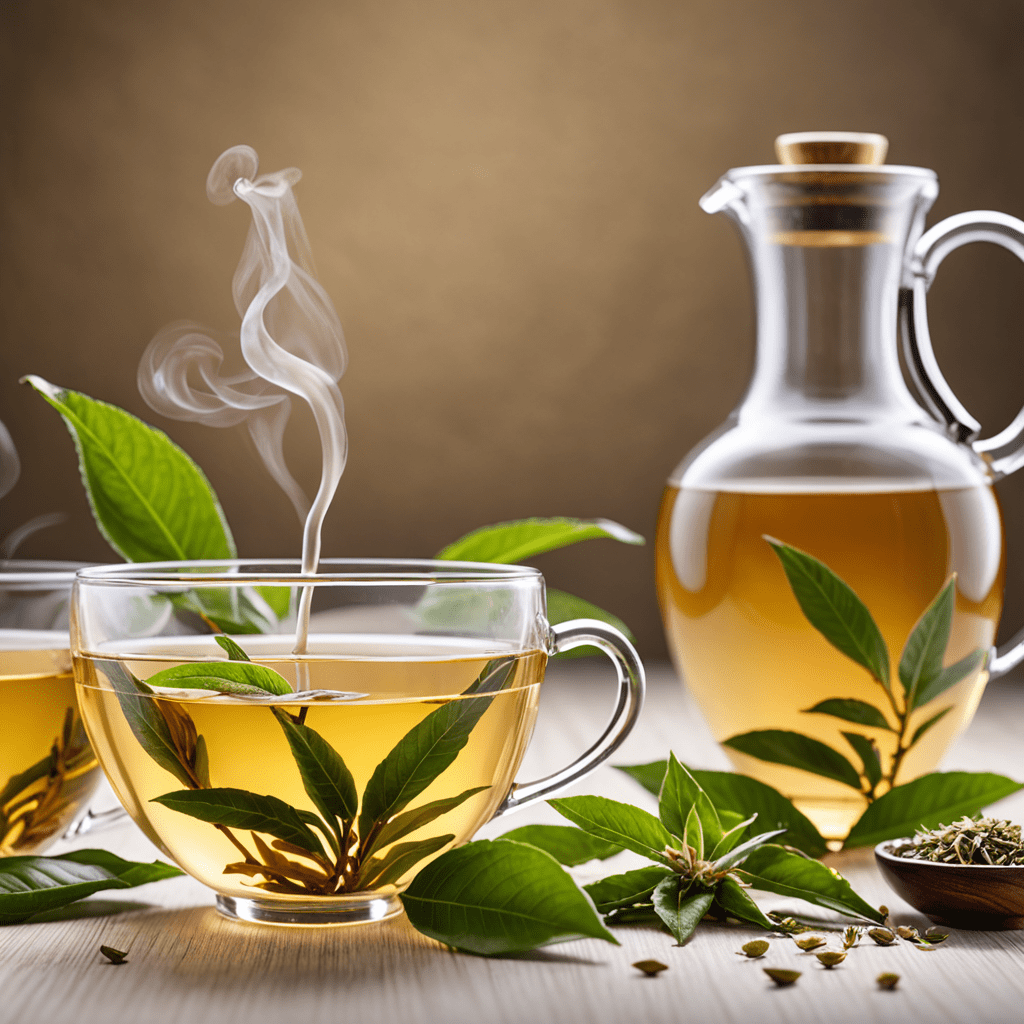
Uncovering the Caffeine Content in Diet Green Tea
For those who are health-conscious or simply enjoy drinking tea, the caffeine content in diet green tea is a common concern. In this article, we will explore the presence of caffeine in diet green tea, its potential benefits, and considerations for consumption.
Understanding Diet Green Tea
Diet green tea, also known as the low-calorie version of traditional green tea, is often promoted for its health benefits and contribution to weight management. Unlike regular green tea, diet green tea is often enhanced with additional flavors or sweeteners to improve its taste without significantly increasing its calorie content.
As a widely consumed beverage, diet green tea is a popular choice for individuals seeking a refreshing and potentially health-promoting drink.
Caffeine Content in Diet Green Tea
Contrary to popular belief, diet green tea does contain caffeine, although the amount may vary depending on the specific brand and brewing method. Caffeine is a natural compound found in tea leaves, including those used to produce green tea.
The caffeine content in diet green tea typically ranges from 15 to 30 milligrams per 8-ounce serving, which is considerably lower than the caffeine content in coffee. However, individuals who are particularly sensitive to caffeine or are aiming to reduce their overall caffeine intake should still be mindful of its presence in diet green tea.
Potential Benefits of Caffeine in Diet Green Tea
While excessive caffeine consumption may lead to negative health effects, moderate intake of caffeine from diet green tea may offer certain benefits. Caffeine is known for its potential to improve mental alertness and concentration, making it a welcome addition to some individuals’ daily routines, especially when consumed in moderation.
Additionally, when combined with the antioxidant properties of green tea, caffeine may contribute to the beverage’s overall health-promoting effects.
Considerations for Consumption
For those monitoring their caffeine intake, including individuals with certain medical conditions or those who are pregnant, it is essential to be mindful of the caffeine content in diet green tea and consider alternative options if necessary. Additionally, individuals should be aware of any added sugars or artificial sweeteners present in diet green tea, as they may influence one’s dietary choices.
As with any dietary component, moderation and individual preferences should guide the consumption of diet green tea to ensure it aligns with one’s overall health and wellness goals.
Conclusion
Ultimately, diet green tea does contain caffeine, albeit in lower amounts compared to coffee. Understanding the caffeine content and potential benefits of this beverage can empower individuals to make informed choices about their dietary habits. Whether enjoyed for its refreshing taste or potential health contributions, diet green tea remains a popular beverage option for individuals seeking a low-calorie and potentially beneficial drink.
FAQ
Does all diet green tea contain caffeine?
Yes, the majority of diet green teas do contain caffeine, although the specific content may vary by brand and brewing method.
Is it safe to consume diet green tea with caffeine?
For most individuals, moderate consumption of diet green tea with caffeine is considered safe. However, those with specific health concerns or increased sensitivity to caffeine should consult with a healthcare professional.
What are some alternatives for individuals seeking caffeine-free options?
For those looking to avoid caffeine, herbal teas and decaffeinated green teas are viable alternatives that offer similar flavor profiles without the stimulating effects of caffeine.


